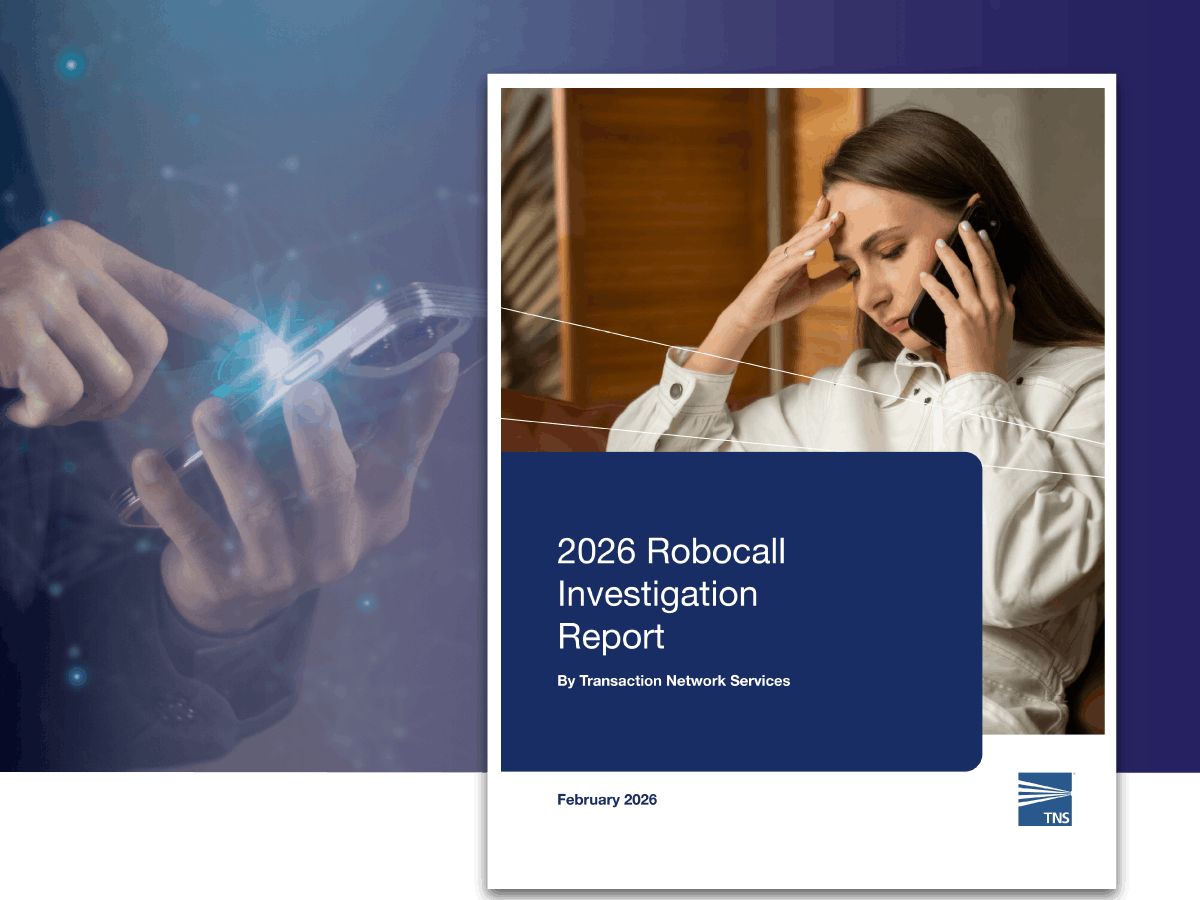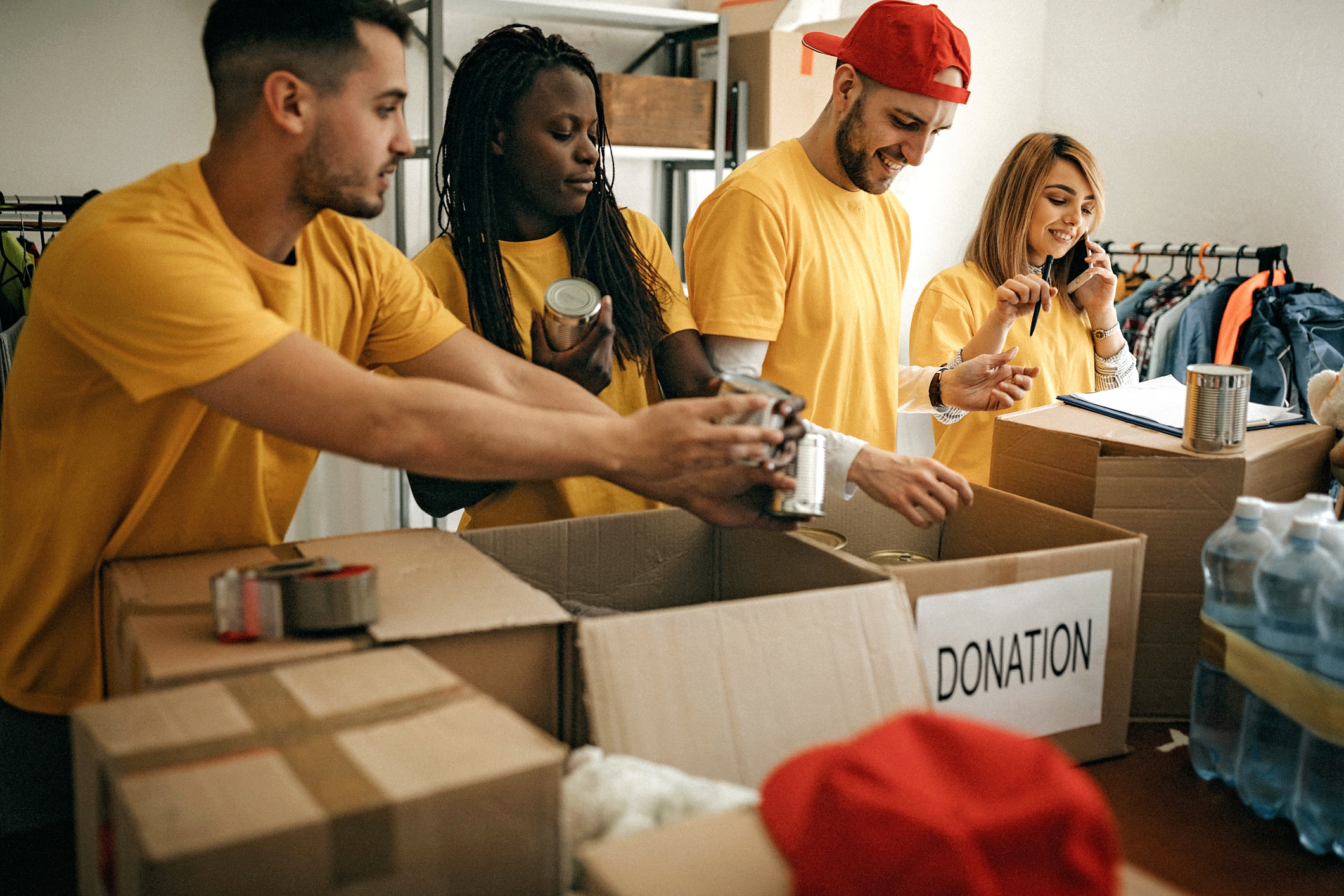Hurricane Ian became one of the most powerful storms to hit the US in recent years when it came barreling across the Caribbean into Florida in September. The Category 4 storm caused widespread disruption and is still creating a challenge for communities now.
Many people have been heartbroken by the destruction caused and have volunteered their time to support victims, as well as donated supplies and shelter. But unfortunately, we have seen a recent blast of phone scams targeting those who wish to help from afar.
Criminals are taking advantage of people’s goodwill in wanting to help those who have been impacted by Hurricane Ian, but aren’t necessarily able to directly volunteer or donate supplies and shelter, due to individual circumstances such as their location.
The scammers claim to be collecting funds for hurricane relief while posing as either a legitimate organization or as a made-up charity. These calls are a classic phishing scam, where they may ask for your bank account information, credit card information or ask you to buy gift cards.
Fraudsters may also attempt to collect cash door-to-door or through email, texts, and other messaging platforms such as social media. It is important to watch out for anyone pressuring you to give money and remember that legitimate charities are always grateful for any donation. The scammers may attempt to push you around until giving in and often appear very charming so it can be hard to see through their tactics.
If you wish to support victims of natural disasters, donate directly to a website of a legitimate organization such as the American Red Cross. It is best practice to not respond to any unsolicited requests for donations as tempting as it may be, unless you can safely verify the caller is really who they say they are. You should never give your credit card number or other personal information over the phone and block any callers that are requesting you do so. The Attorney General from New Jersey has good advice on steering clear of scams related to funds for hurricane relief.
If you believe you are the victim of a scam, you can report it to your local police, state Attorney General’s office and the FTC.
Call-blocking apps, including those powered by TNS Call Guardian®, are also a great resource for reporting and blocking unwanted robocalls. Stay vigilant and share information about scams with others.
John Haraburda is Director of Product Management at TNS with specific responsibility for TNS’ Communications Market solutions.
Call Guardian is a registered trademark of Transaction Network Services, Inc.






